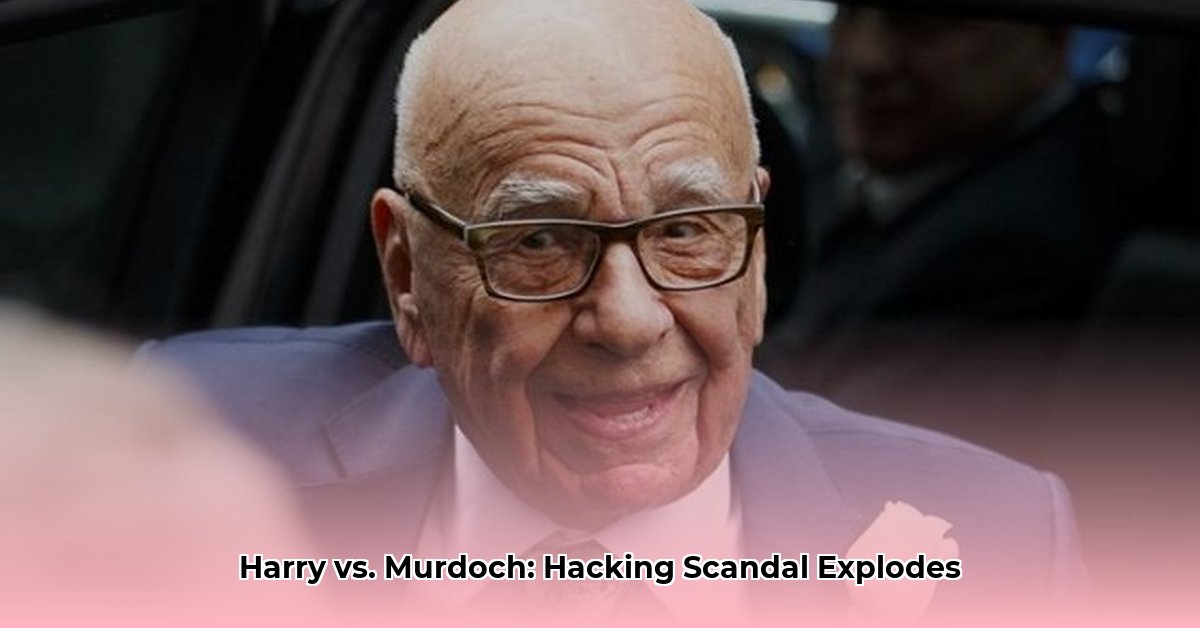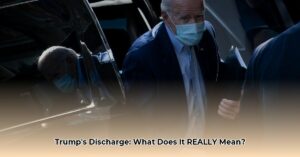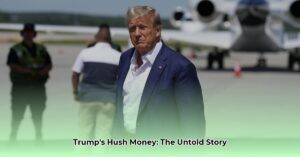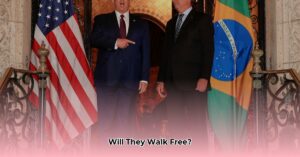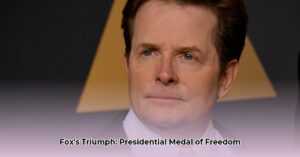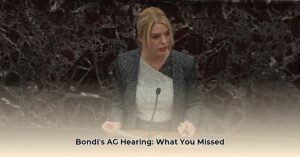Harry vs. Murdoch: A Royal Showdown Over Privacy
Prince Harry’s lawsuit against Rupert Murdoch’s News Group Newspapers (NGN), publishers of The Sun, alleges unlawful information gathering, including phone hacking and deceptive tactics (“blagging”) to obtain private information. This legal battle echoes the 2011 phone-hacking scandal that shuttered News of the World, another NGN publication, and raises critical questions about media ethics and the balance between press freedom and individual privacy.
Unlawful Information Gathering: Alleged Tactics and Scope
Harry’s claims extend beyond phone hacking to encompass a broader range of intrusive practices. These allegedly include the use of private investigators, illegal surveillance, and “blagging,” where reporters impersonate officials to obtain confidential data. The lawsuit suggests these tactics were used not only against Harry but also against his mother, Princess Diana, and others in their circle, potentially spanning from 1996 to 2011.
The Sun Under Scrutiny: Echoes of News of the World?
This lawsuit puts The Sun in the spotlight, raising questions about whether the alleged practices at News of the World extended to other NGN publications. The closure of News of the World in 2011 following the phone-hacking scandal served as a watershed moment for the British media. Harry’s case reopens this chapter, exploring whether similar, potentially systemic issues existed at The Sun. NGN denies all allegations.
Inside the Courtroom: What We Know So Far
The trial, commencing in January 2025 at the High Court in London, involves other claimants, including former Labour Party deputy leader Tom Watson. While the judge narrowed the scope of the case by excluding claims of phone hacking directly targeting Harry, the broader allegations of unlawful information gathering remain central. The possibility of a cover-up by NGN executives, though not directly addressed in the current lawsuit due to lack of direct evidence linking executives to the alleged wrongdoing, adds another layer of complexity.
Timeline of Key Events
| Date | Event |
|---|---|
| 1996-2011 | Period of alleged unlawful information gathering by NGN. |
| 2011 | News of the World closes following the phone-hacking scandal. |
| March 2024 | Initial accusations of unlawful information gathering surface. |
| May 2024 | Judge allows lawsuit to proceed with a narrowed focus. |
| Nov 2024 | News breaks of Prince Harry’s legal action against NGN. |
| Jan 2025 | Trial begins at the High Court in London. |
Evidence and Legal Arguments: A Complex Picture
The evidence supporting Harry’s claims remains largely undisclosed due to the ongoing legal proceedings. While details are limited, Harry’s previous testimony in a separate case against Mirror Group Newspapers (MGN), where he made similar allegations, may offer some insight into the potential nature of the evidence. NGN’s defense likely hinges on the statute of limitations, arguing that Harry’s knowledge of the alleged intrusions should bar the lawsuit. This legal wrangling over the timing of Harry’s awareness will likely be a key point of contention.
The Broader Impact: Privacy vs. the Press in the Digital Age
This case transcends celebrity gossip; it grapples with fundamental questions about press freedom, individual privacy, and media accountability in the digital age.
Potential Outcomes and Their Implications:
-
A ruling in Harry’s favor: Could strengthen legal precedents for privacy claims, potentially leading to stricter media regulations and greater individual protection against intrusive practices. This outcome might empower individuals to challenge media overreach and could reshape the relationship between public figures and the press. It may also encourage stronger data protection measures and more cautious reporting practices.
-
A ruling in NGN’s favor: Could create a chilling effect, discouraging future privacy lawsuits and potentially emboldening some media organizations to push ethical boundaries. This outcome might weaken existing privacy protections and make it more challenging to hold media accountable for intrusive behavior.
Key Questions Raised by the Case:
- How will this affect future privacy claims?
- What changes might we see in media regulation?
- Will this change how the media interacts with public figures?
- What does this mean for the average person’s privacy?
This trial has the potential to reshape the media landscape and redefine our understanding of privacy in an era of rapidly evolving technology and information dissemination. The outcome, whatever it may be, will undoubtedly have far-reaching consequences, influencing not only the relationship between the press and public figures but also the privacy rights of individuals in the digital age. The case also prompts reflection on the legacy of the phone-hacking scandal and the ongoing need for vigilance in upholding journalistic ethics and protecting individual privacy.

